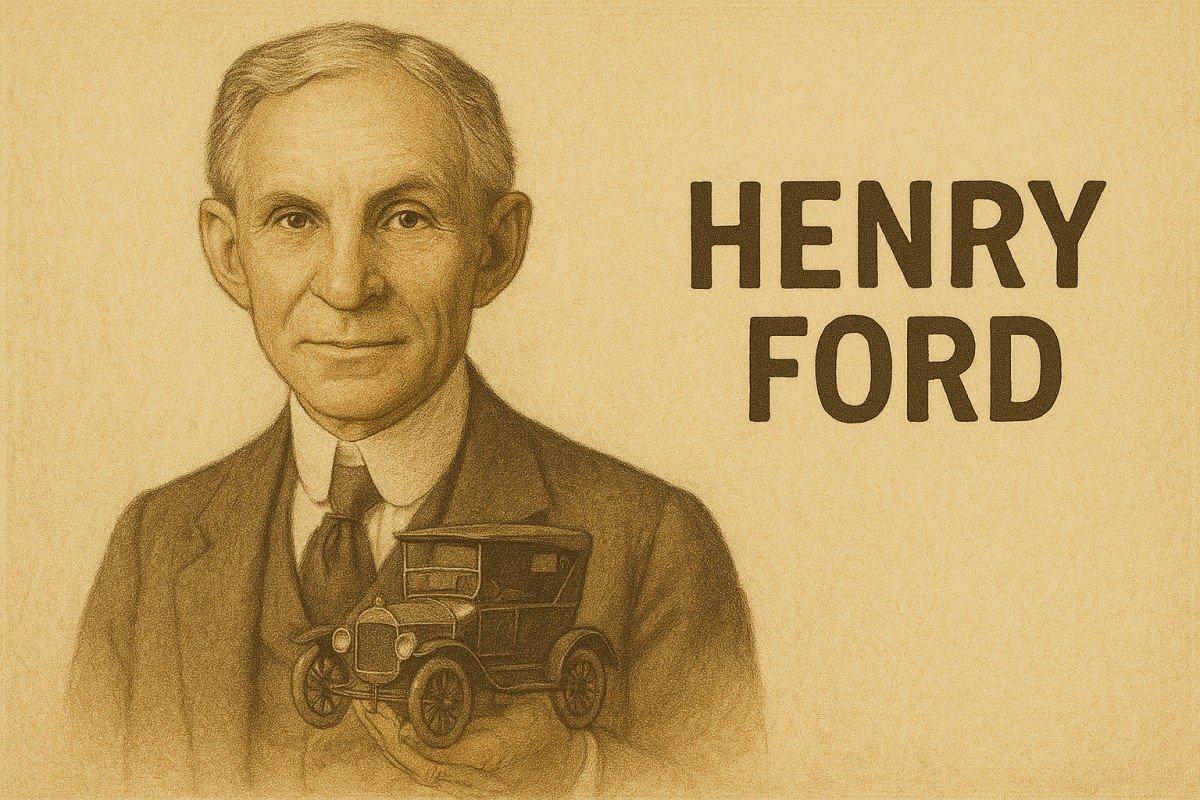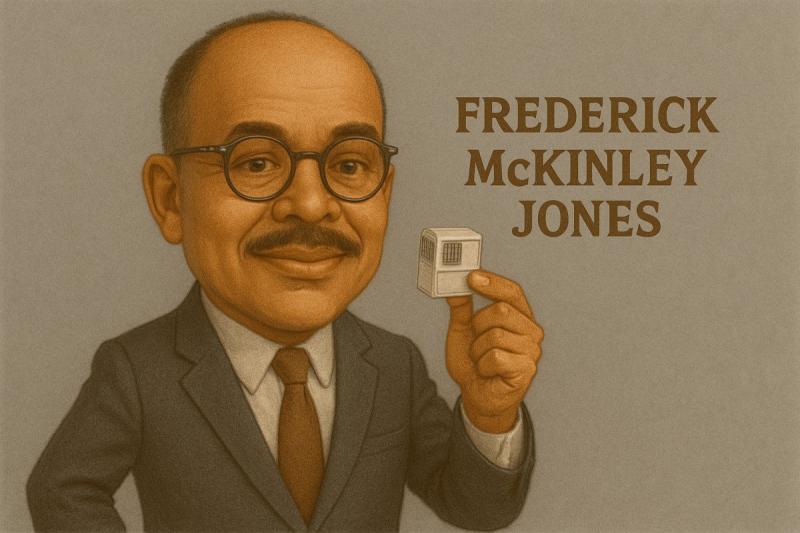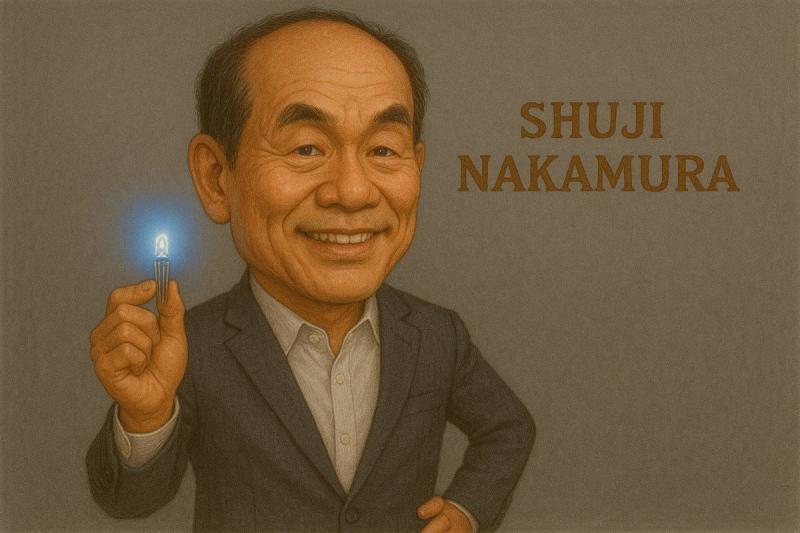Henry Ford: The Man Who Put the World on Wheels
Ever wondered how one man's vision could completely transform how we get around? Henry Ford wasn't just another businessman with a cool idea. He was a revolutionary who fundamentally changed manufacturing forever and made cars accessible to everyday people. And let me tell you, the world has never been the same since!
The Early Days: More Than Just a Tinkerer
Born in 1863 on a farm in Michigan, young Henry wasn't exactly thrilled about the farming life. While other kids were enjoying farm chores (okay, probably not enjoying them), Ford was obsessing over how things worked. He'd take apart watches just to reassemble them, which drove his parents crazy but showed early signs of his mechanical genius.
By 16, he left the farm to pursue mechanical work in Detroit. Smart move, Henry! This decision would eventually lead to one of the greatest industrial revolutions in history. But his path wasn't all smooth sailing.
Ford's first attempts at automobile companies actually failed. Yep, the great Henry Ford failed. Twice! But unlike most people who might give up after two business failures, Ford kept pushing forward. Third time's a charm, right? In 1903, the Ford Motor Company was born, and automotive history would never be the same.
The Revolutionary Assembly Line: Genius in Motion
Here's where Ford really changed the game. Before his assembly line innovation, cars were luxury items built by hand one at a time by skilled craftsmen. Each vehicle could take weeks to complete and cost more than most people earned in years. Only the super-rich could afford these fancy new contraptions.
Ford had a different vision: "I will build a motor car for the great multitude," he famously declared. And boy, did he deliver!
In 1913, Ford introduced the moving assembly line to automobile manufacturing. Instead of workers moving around a stationary car, the car moved past stationary workers. Each person performed one specific task repeatedly—installing a single part or performing one operation. This seemingly simple flip of the script was absolutely revolutionary.
The results? Mind-blowing! Production time for a single Model T dropped from 12 hours to just 93 minutes. NINETY-THREE MINUTES! Can you imagine cutting your work time by over 85%? I need that kind of efficiency in my life! :)
Model T: The Car That Changed Everything
The Model T wasn't fancy. It wasn't the fastest, prettiest, or most comfortable car. But it was reliable, durable, and—most importantly—affordable.
When first introduced in 1908, the Model T cost around $850 (about $25,000 in today's money). Not exactly cheap, but within reach for upper-middle-class Americans. But as Ford perfected his assembly line and achieved economies of scale, the price kept dropping. By 1925, you could buy a brand new Model T for just $260 (about $4,000 today).
For the first time ever, average working-class Americans could realistically own a car. This wasn't just about transportation—it was about freedom. Suddenly, people weren't limited to their immediate surroundings. They could live further from work, visit family in different towns, and explore places previously inaccessible.
The impact was so profound that by 1927, Ford had sold over 15 million Model Ts. To put that in perspective, that's more than all other car manufacturers combined at that time. The "Tin Lizzie," as it was affectionately called, accounted for half of all automobiles on American roads.
Beyond Cars: Transforming Labor and Society
Ford didn't just revolutionize manufacturing—he transformed labor practices too. In 1914, he made a controversial announcement: Ford Motor Company would pay workers $5 per day, more than double the industry average.
Many business owners thought he was insane. Why pay workers more than necessary? But Ford understood something fundamental—if workers couldn't afford the products they were making, who would buy them?
This wasn't just generosity; it was smart business. Higher wages meant:
- Lower employee turnover
- Higher productivity
- Workers who could afford to buy the very cars they built
It created a new consumer class that helped fuel American economic growth for decades. IMO, this might be one of the most underappreciated aspects of Ford's legacy.
The Complicated Legacy
Let's be real—Ford wasn't perfect. He had some seriously problematic views, including well-documented antisemitism. He opposed labor unions despite his worker-friendly wages. And his obsession with efficiency sometimes reduced workers to mere cogs in his industrial machine.
But his impact on manufacturing, transportation, and modern life is undeniable. The assembly line concept spread far beyond automobiles, becoming the standard for everything from electronics to food production. The principles Ford pioneered—standardization, interchangeable parts, continuous flow—form the backbone of modern manufacturing.
The Ripple Effect: How Ford Changed the World
The affordable automobile triggered massive changes in society:
Roads and infrastructure expanded dramatically. Before widespread car ownership, roads were primarily dirt paths. The automobile created demand for paved highways, bridges, and tunnels.
Suburbs became possible. When people could commute longer distances, they weren't tied to living within walking distance of work. This fundamentally changed urban development patterns.
Industries like tourism, fast food, and shopping malls developed largely because of automobile culture. Think about it—without cars, would we have drive-thrus or road trips?
Oil and gas became central to the global economy, reshaping international politics and power dynamics for the next century.
Final Thoughts: More Than Just an Industrialist
Henry Ford wasn't just a businessman or inventor. He was a visionary who understood that true innovation isn't just about creating new technology—it's about making that technology accessible to everyone.
The next time you hop in your car for a quick grocery run or a weekend road trip, take a second to appreciate how this freedom of movement traces back to Ford's revolutionary ideas. He didn't just build cars; he built a whole new way of life.
What other inventors do you think have shaped modern life as dramatically as Ford? Something to ponder during your next commute!



